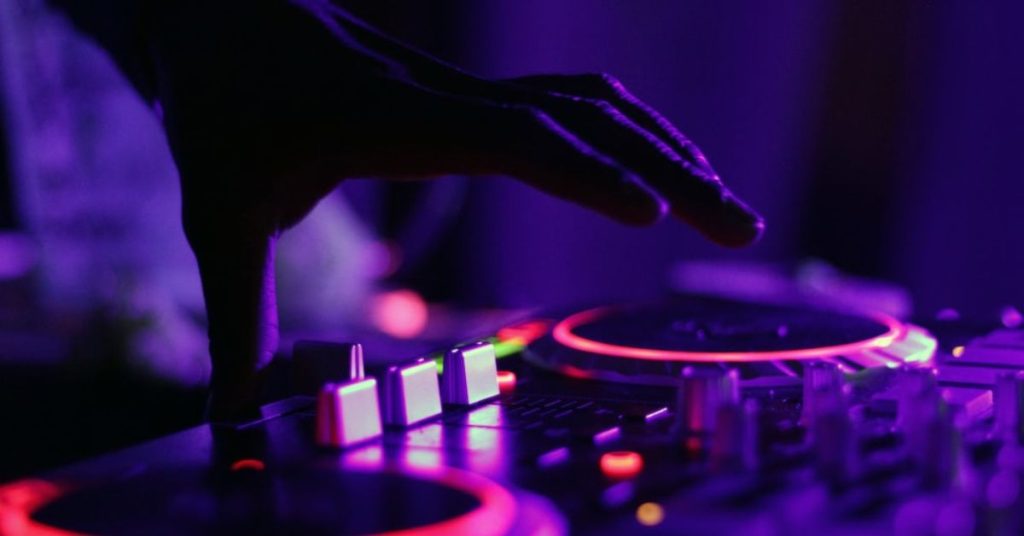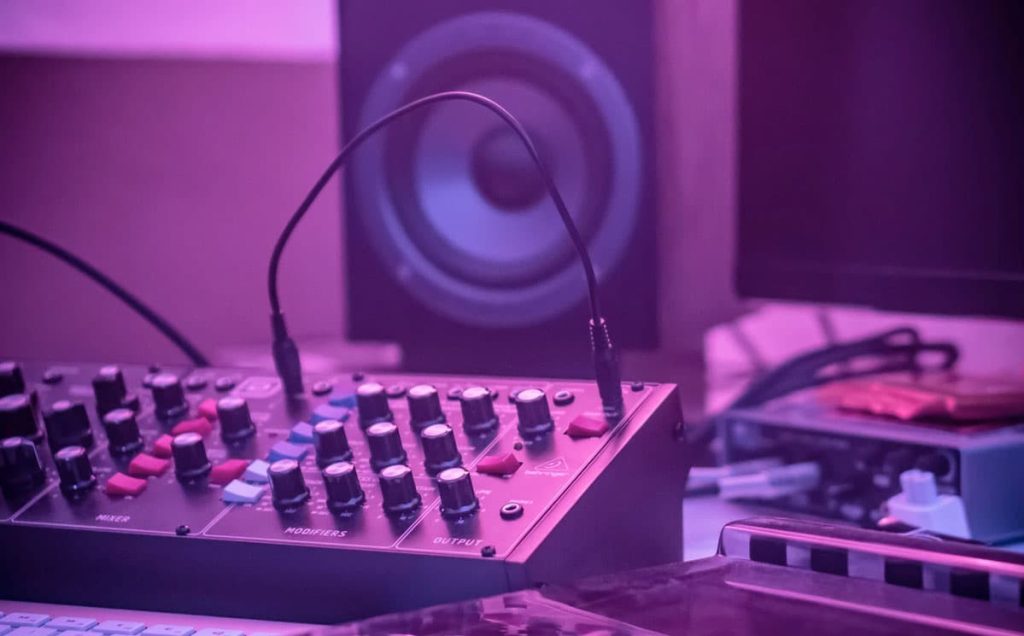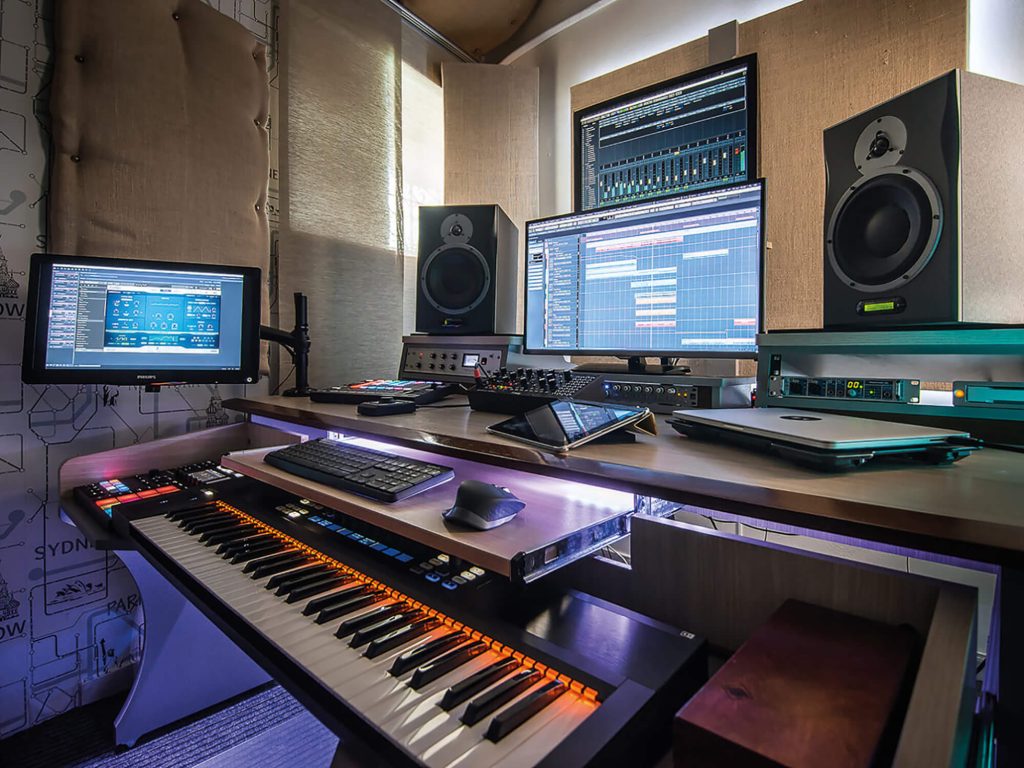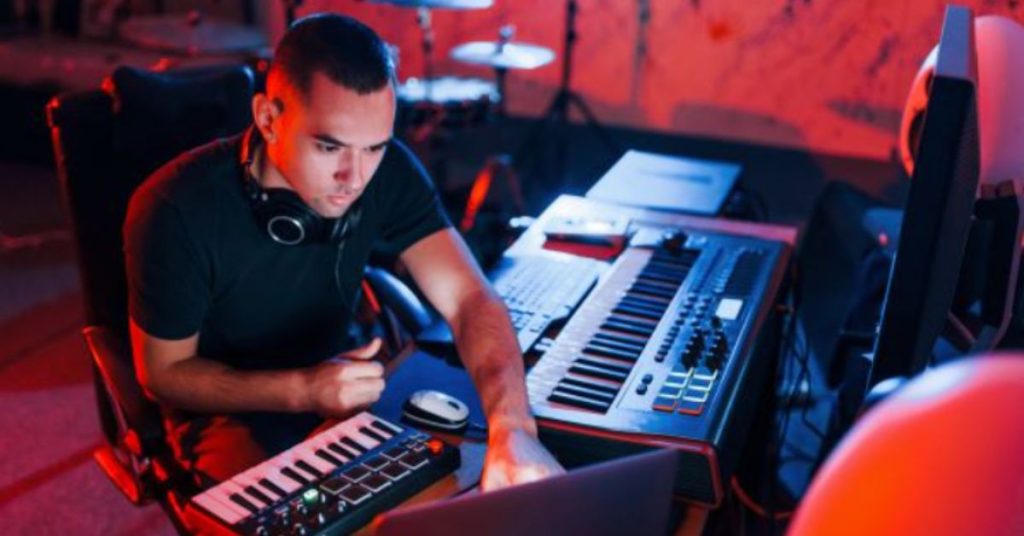The music industry is constantly evolving, and recent advancements in technology have revolutionized the way professionals collaborate and create music. Remote music industry jobs have become increasingly prevalent, enabling musicians, producers, and audio engineers to work together seamlessly from different locations.
In this article, we will delve into the world of remote music industry jobs while highlighting the importance of professional audio recorders, music recording devices, and equipment in capturing the essence of musical artistry.
Remote Music Industry Jobs:
In today’s interconnected world, remote music industry jobs have opened up new avenues for collaboration, creativity, and career opportunities. Whether it’s remote music production, songwriting, mixing, mastering, or even virtual session work, technology has bridged the physical gaps and allowed professionals to connect and work together regardless of their geographical locations. Remote jobs offer flexibility, efficiency, and the ability to collaborate with talent from around the globe, fostering diverse and innovative musical projects.

Professional Audio Recorders:
a) Digital Audio Workstations (DAWs): DAWs are the backbone of modern music production. These software applications, such as Pro Tools, Logic Pro, and Ableton Live, provide a comprehensive platform for recording, editing, mixing, and mastering music. DAWs allow for seamless collaboration in remote settings, enabling multiple professionals to work on a project simultaneously.
b) Portable Multitrack Recorders: Portable multitrack recorders, like the Zoom H6 or Tascam DR-100mkIII, offer high-quality audio recording capabilities in a compact and portable form. These devices allow musicians and field recordists to capture performances, sounds, and ambient environments with exceptional fidelity, providing the foundation for remote collaboration and production.
Music Recording Devices:
a) Microphones: A crucial component of any recording setup, microphones capture the nuances and subtleties of performances. Condenser microphones, such as the Neumann U87 or AKG C414, are commonly used for studio recordings due to their high sensitivity and accuracy. Dynamic microphones, like the Shure SM58, are robust and ideal for capturing live performances or vocals in dynamic settings.
b) Audio Interfaces: Audio interfaces act as the bridge between analog and digital audio signals. These devices convert analog audio from microphones or instruments into digital data that can be processed by DAWs. Audio interfaces, such as Focusrite Scarlett or Universal Audio Apollo series, offer high-quality preamps and pristine audio conversion, ensuring the fidelity and integrity of recorded tracks.

Importance of Music Recording Equipment:
a) Professional Sound Quality: High-quality recording equipment is essential for capturing the essence and authenticity of musical performances. Professional audio recorders and devices provide accurate and detailed sound reproduction, allowing musicians and producers to preserve the dynamics, tonal nuances, and emotional impact of the music.
b) Seamless Collaboration: Remote music industry jobs heavily rely on reliable and top-notch recording equipment to facilitate seamless collaboration. By using professional-grade gear, musicians and producers can ensure compatibility and consistency across different recording setups, allowing for efficient remote sessions and smooth file sharing.
c) Creative Exploration: Music recording equipment serves as a creative tool for artists and producers, enabling them to experiment, manipulate, and shape sound. Different microphones, preamps, and signal processors offer a range of sonic possibilities, fostering artistic exploration and pushing the boundaries of musical expression.

d) Professional Standards and Marketability: Utilizing industry-standard recording equipment not only guarantees high-quality results but also enhances the marketability of music productions. Music created with professional-grade gear is more likely to meet the standards and expectations of listeners, record labels, and other industry professionals.
Conclusion:
Remote music industry jobs have transformed the way professionals collaborate, creating opportunities for diverse musical projects and global connections. Professional audio recorders, music recording devices, and equipment are the pillars that support the realization of artistic visions in the remote realm.
By harnessing the power of cutting-edge technology and using top-quality gear, musicians, producers, and audio engineers can capture the true essence of music, foster creative exploration, and deliver remarkable sonic experiences that transcend physical boundaries.
